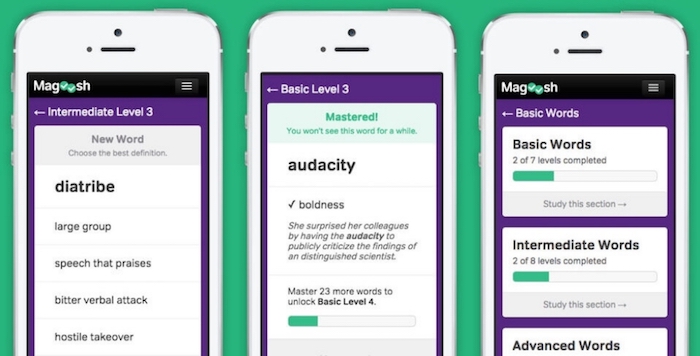Joining a society at university
By Lauren Sandhu, on 25 April 2019
Today on the blog Josh Day, a former UCL student and member of the Access and Widening Participation Office, tell us why joining a society can be one of the best things you do when studying at university.
Make new friends
 University societies are a great place to make new friends when you start your degree, or at any point in your degree for that matter. Most societies hold regular social events and all members are encouraged to attend so that you get the most out of your membership and meet lots of new like-minded people. The great thing about making new friends in societies is that even if you are a little bit shy, you’ll always have one thing in common with those around you. Students often find that the friends they make in their clubs and societies become some of their best friends throughout university.
University societies are a great place to make new friends when you start your degree, or at any point in your degree for that matter. Most societies hold regular social events and all members are encouraged to attend so that you get the most out of your membership and meet lots of new like-minded people. The great thing about making new friends in societies is that even if you are a little bit shy, you’ll always have one thing in common with those around you. Students often find that the friends they make in their clubs and societies become some of their best friends throughout university.
Learn new skills
Many people presume that students don’t actually get up to that much when they join a society during university. Societies are often tied with terms such as ‘Oh that’s just a first year thing’ because that’s when most students join. However, aside from having a lot of fun and making new friends, you can learn new skills from being part of a university society. For example, if you’ve always wanted to take great photographs but never had the time to learn how to use a camera, you can join the university’s photography society. Alternatively, if you’ve always enjoyed writing, you could join the journalism society and learn from others who have experience writing articles. So, whatever it is you’d like to learn, whether that be knitting, baking, or even something adventurous like scuba diving, you could learn a lot as part of a society whilst also enjoying all of the extra benefits that come with being part of a new group.
Networking
Networking might not be a word you would associate with societies but you would be surprised at how useful (and fun) society networking events can be. Some societies, especially those tied to  your academic studies, hold regular networking events which give you the opportunity to meet potential future colleagues in a more relaxed and less forced way than most networking events. Companies often send their younger staff members to these events so that they can discuss with you why they joined the company and why you should think about applying for their jobs further down the line when considering your career options. These younger staff members are often easier to talk to and many students find them more approachable.
your academic studies, hold regular networking events which give you the opportunity to meet potential future colleagues in a more relaxed and less forced way than most networking events. Companies often send their younger staff members to these events so that they can discuss with you why they joined the company and why you should think about applying for their jobs further down the line when considering your career options. These younger staff members are often easier to talk to and many students find them more approachable.
Travel opportunities
One of the really fun parts about being part of a university society (aside from the regular events) is the travel opportunities. Most societies will hold an annual group trip, either to another city in the UK or sometimes, if you’re lucky, to somewhere abroad! Students often make great memories on these trips, especially as this may be their first time traveling with a group of friends. The sports and leisure societies, for example the skiing and football societies, often take large groups of students on trips to places like Austria, Spain, Switzerland and France. These travel opportunities are one of the main reasons that these societies prove to be very popular with university students.
 Close
Close













